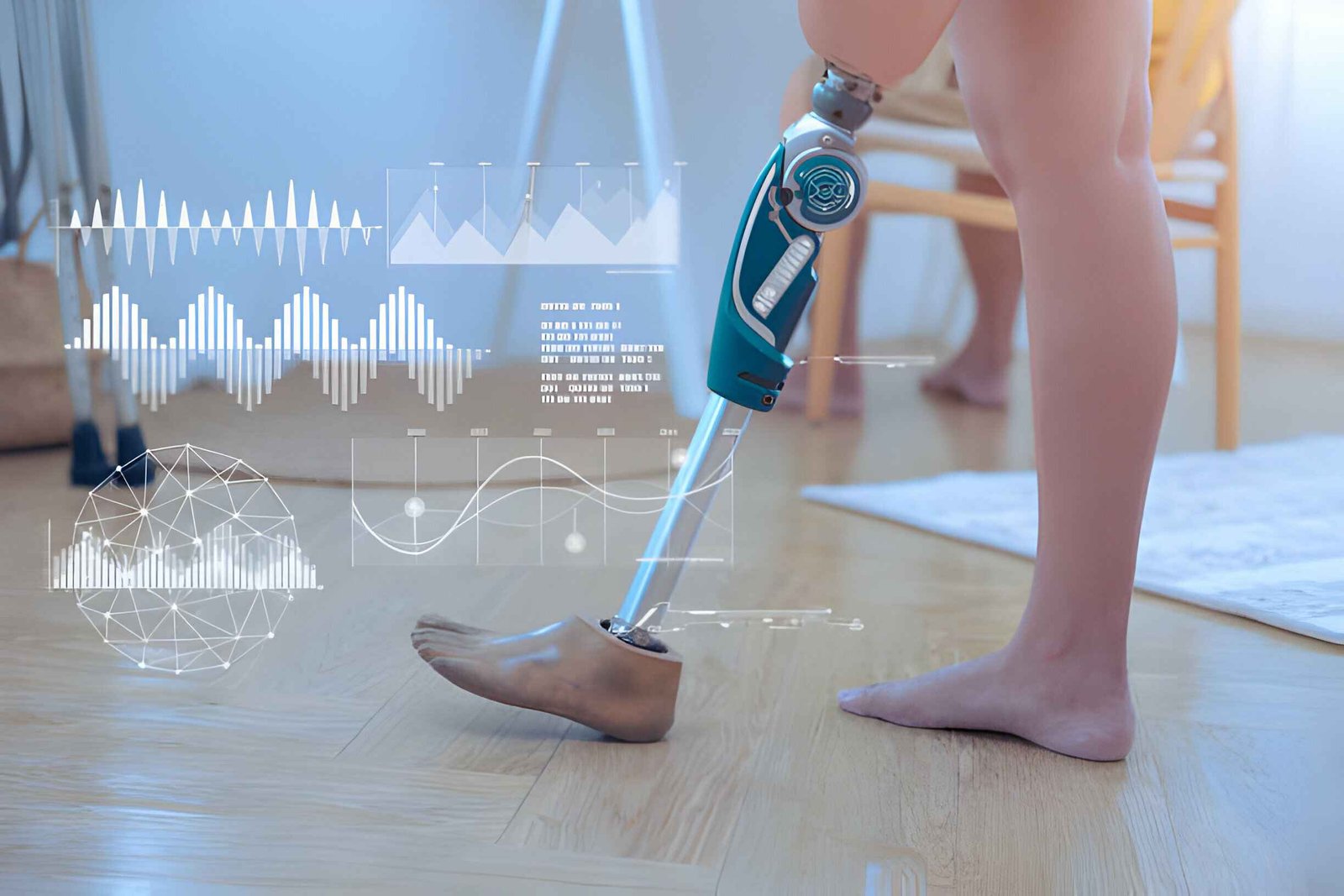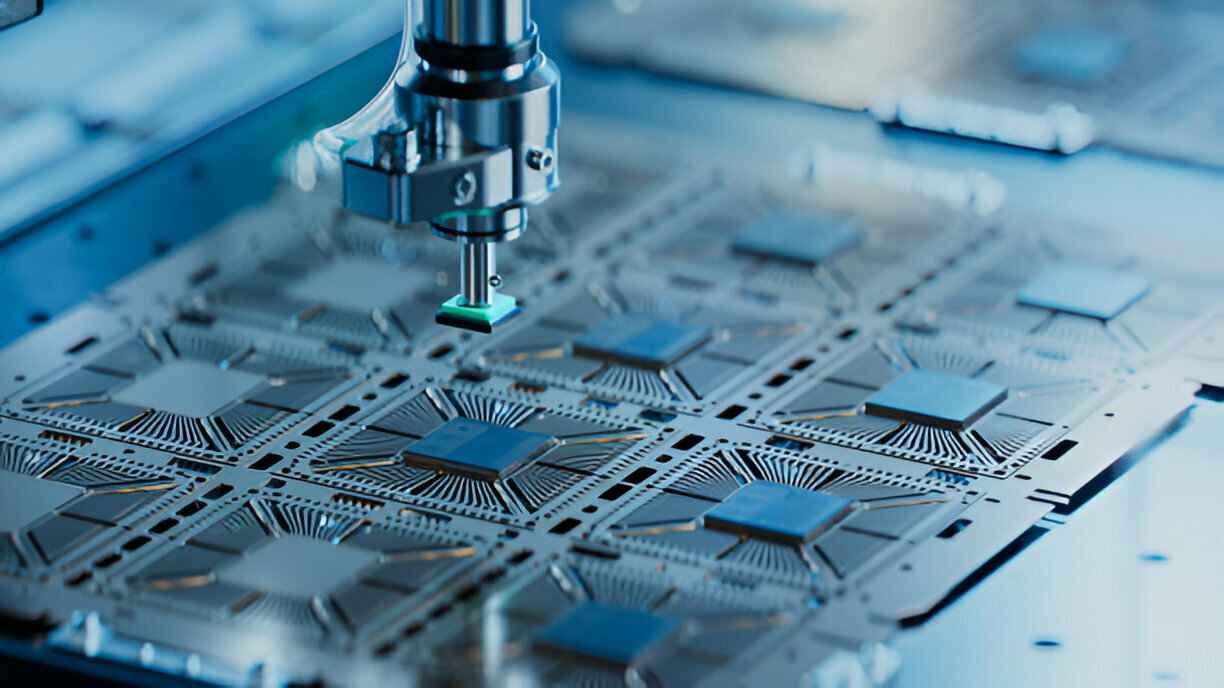Knee replacement surgery has long been an crucial solution for individuals suffering from debilitating knee conditions such as osteoarthritis, rheumatoid arthritis and or severe knee injuries. Over the years, advancements in medical technology have continuously improved the outcomes of these surgeries, making them safer, more effective, & with faster recovery times. As we delve into 2023 and let of explore the cutting-edge technologies and innovations that are shaping the landscape of knee replacement procedures.
Patient-Specific Implants
One of the most significant advancements in knee replacement technology is the shift towards patient-specific implants. Traditional knee implants come in a range of standard sizes and requiring surgeons to select the best fit during the procedure. However and with patient-specific implants, surgeons can now utilize advanced imaging techniques such as MRI or CT scans to create a custom implant tailored to the patient of unique anatomy.
These custom implants offer several advantages:
Improved Fit: Custom implants provide a better fit and reducing the risk of implant loosening or instability post-surgery.
Enhanced Functionality: Patients often experience improved range of motion & better overall functionality with custom implants.
Reduced Wear and Tear: The precise fit reduces wear and tear on the implant and potentially increasing its lifespan.
Robotics-Assisted Surgery
Robotics-assisted surgery has revolutionized various medical procedures and including knee replacements. In 2023, we see a continued expansion & refinement of robotics technology in orthopedic surgery. Robotic systems offer unparalleled precision & accuracy and allowing surgeons to perform complex procedures with greater confidence and efficiency.
Key features of robotics-assisted knee replacement surgery include:
Preoperative Planning: Surgeons can use advanced software to create a detailed surgical plan based on the patient of anatomy and optimizing implant placement & alignment.
Minimally Invasive Techniques: Robotics allow for smaller incisions & less tissue damage and leading to faster recovery & reduced post-operative pain.
Biocompatible Materials & Surface Coatings
Advancements in materials science have led to the development of biocompatible materials & surface coatings for knee implants. These materials are designed to mimic the properties of natural bone and promoting better integration with the patient of body & reducing the risk of implant rejection or complications.
Key innovations in biocompatible materials and coatings include:
Ceramic Implants: Ceramic materials offer excellent durability and wear resistance, & biocompatibility and making them ideal for knee implants.
Titanium Alloys: Titanium implants with specialized surface coatings promote osseointegration and ensuring the implant becomes securely fused with the surrounding bone.
Polyethylene Improvements: Enhanced polyethylene materials with improved wear resistance & longevity contribute to the long-term success of knee replacements.
Antimicrobial Coatings: Some implants feature antimicrobial coatings to reduce the risk of infection and a common concern in orthopedic surgeries.
Navigation Systems and Augmented Reality
Navigation systems combined with augmented reality technology are transforming the way surgeons approach knee replacement surgeries. These systems provide real-time visual guidance and allowing surgeons to navigate complex anatomical structures with greater precision and accuracy.
Key features of navigation systems and AR in knee replacement surgery include:
3D Visualization: Surgeons can visualize the patient of anatomy in 3D and enabling better planning & intraoperative decision-making.
Real-time Feedback: Navigation systems provide real-time feedback on implant positioning and alignment, and soft tissue balancing and enhancing surgical outcomes.
Virtual Instrumentation: AR overlays virtual instruments onto the surgical field and assisting surgeons in executing precise cuts & adjustments.
Regenerative Medicine & Tissue Engineering
In recent years, regenerative medicine & tissue engineering have gained prominence in the field of orthopedics. These approaches focus on harnessing the body of natural healing processes & engineering tissues to repair damaged joints & cartilage and potentially reducing the need for traditional knee replacement surgery in some cases.
Key developments in regenerative medicine for knee conditions include:
Stem Cell Therapies: Stem cell injections & therapies aim to stimulate tissue regeneration & repair damaged cartilage and offering a less invasive alternative to surgery.
Tissue Engineering Constructs: Researchers are developing tissue-engineered constructs that mimic the structure and function of native cartilage and offering promising solutions for joint repair.
Precision Medicine Approaches: Advances in genetic testing & precision medicine allow for personalized treatment plans tailored to each patient of unique biological profile and optimizing outcomes.
Remote Monitoring and Telemedicine
The integration of remote monitoring technology & telemedicine platforms has transformed post-operative care for knee replacement patients.
Key aspects of remote monitoring and telemedicine in knee replacement surgery include:
Virtual Rehabilitation Programs: Telemedicine platforms offer virtual rehabilitation sessions led by physical therapists, guiding patients through exercises & monitoring their progress.
Remote Consultations: Patients can have follow-up consultations with their surgeons & healthcare teams via video calls, reducing the need for in-person visits & improving accessibility to care.
Data Analytics: Healthcare providers utilize data analytics tools to analyze patient-generated data and identify trends, & make data-driven decisions to optimize recovery outcomes.
Conclusion
The year 2023 marks a significant milestone in the evolution of knee replacement technology and with a focus on personalized care, precision surgery and regenerative approaches, & enhanced post-operative support through digital solutions. These advancements not only improve the outcomes of knee replacement surgeries but also pave the way for a more patient-centered & holistic approach to orthopedic care. As technology continues to evolve and we can expect further innovations that will shape the future of knee replacement surgery & orthopedic medicine as a whole.





